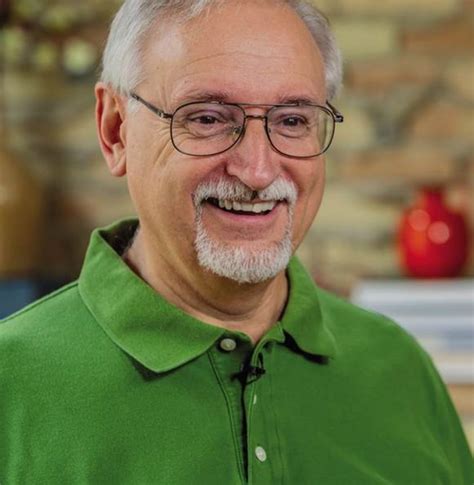A Quote by John Calvin
We are not to reflect on the wickedness of men but to look to the image of God in them, an image which, covering and obliterating their faults, an image which, by its beauty and dignity, should allure us to love and embrace them.
Related Quotes
Assuredly there is but one way in which to achieve what is not merely difficult but utterly against human nature: to love those who hate us, to repay their evil deeds with benefits, to return blessings for reproaches. It is that we remember not to consider men's evil intention but to look upon the image of God in them, which cancels and effaces their transgressions, and with its beauty and dignity allures us to love and embrace them.
When I look upon the faces of intelligent beings I look upon the image of the God I serve. There are none but what have a certain portion of divinity within them; and though we are clothed with bodies which are in the image of our God, yet this mortality shrinks before that portion of divinity which we inherit from our Father.
It is true that all men are created in the image of God, but Christians are supposed to be conscious of that fact, and being conscious of it should recognize the importance of living artistically, aesthetically, and creatively, as creative creatures of the Creator. If we have been created in the image of an Artist, then we should look for expressions of artistry, and be sensitive to beauty, responsive to what has been created for us
I make one image—though 'make' is not the right word; I let, perhaps, an image be 'made' emotionally in me and then apply to it what intellectual & critical forces I possess—let it breed another, let that image contradict the first, make, of the third image bred out of the other two together, a fourth contradictory image, and let them all, within my imposed formal limits, conflict.
The image cannot be dispossessed of a primordial freshness, which idea can never claim. An idea is derivative and tamed. The imageis in the natural or wild state, and it has to be discovered there, not put there, obeying its own law and none of ours. We think we can lay hold of image and take it captive, but the docile captive is not the real image but only the idea, which is the image with its character beaten out of it.
God reproduces and lives out His image in millions of ordinary people like us. It is a supreme mystery. We are called to bear that image as a Body because any one of us taken individually would present an incomplete image, one partly false and always distorted, like a single glass chip hacked from a mirror. But collectively, in all our diversity, we can come together as a community of believers to restore the image of God in the world.
To Whom does our God say, 'in our image' (Gen. 1:26), to whom if it is not to Him who is 'the brightness of His glory and the express image of His Person' (Heb. 1:3), 'the image of the invisible God' (Col. 1:15)? It is then to His living image, to Him Who has said 'I and My Father are one' (Jn. 10:30), 'He who has seen Me has seen the Father' (Jn. 14:9), that God says, 'Let us make man in our image'.



































